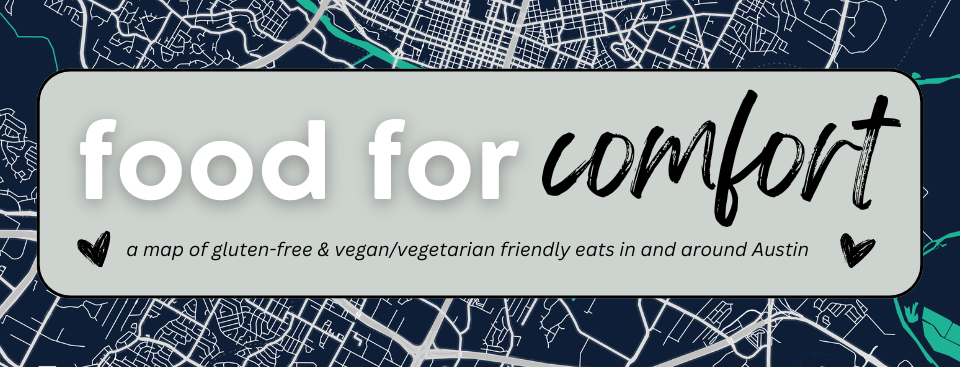by Dr. Khayree Williams, Truth, Racial Healing, and Transformation (TRHT) Center Director, Highland Campus
I have been shepherding Purpose and Belonging work for nearly 20 years, all the while learning and growing along my journey!
However, I am constantly reminded that, as I help to lead in the work and provide courageous spaces for students, faculty/staff, and the community to do the transformative understanding, unlearning, and progressively becoming skilled leaders at making spaces more loving, caring, and courageous. I am still human, flawed, imperfect, and make missteps. I Do it Too!
Let me tell you a brief story.
About 10 years ago I started a new role as a Diversity Trainer and School Diversity Program Coordinator for a small non-profit in a small, mostly Caucasian city. At the time I was commuting about 40 minutes daily both ways to serve in this role. My ultimate goal was to find an apartment closer to my new role within the first month.
I began the tedious task of apartment/townhome hunting in a brand-new city based largely on some referrals from my new colleagues. I remember this particular enlightening moment like it was yesterday. Picture a 75-degree sunny day in the state of Michigan if you can. One Friday after work I made the short 5-minute drive to a town home complex that came highly recommended. My goal was to visit the office, hopefully see a unit, and walk the community to get a feel for the vibe of the area.
Unfortunately for me, the office had closed early. But being a glass-half-full guy, my consolation prize was I could at least walk the area, hopefully, bump into some residents, learn what I could, and ascertain if I could potentially see myself living there.
As I was walking away from the office I walked towards the first apartment building I saw and turned the corner. Imagine a large brick building that houses connected townhomes with individual cement back porch patios that are open. My intent was to walk the length of the back side of the building. However, I spotted towards the end of the path a group of 5 African American men likely in their early to mid-20s. In a split second, I had without consciously realizing why I did, turned around and began to walk in the opposite direction.
Now let me pause for a moment. What you likely know about me is that I am also African American. I was also born and proudly raised in Flint, MI so this is neither a new scene nor one that should ever cause me any angst. If anything, this should have been viewed as an ode to my childhood. However, the other side of this conversation is that even though they look just like me, I do and am committed to equity work including recognizing stereotypes and biases. I too have also received messages throughout my life regarding what it could potentially mean for my safety in a situation where there’s a group of young black men. As I continued to walk in the opposite direction, I began to have an internal dialogue with myself about why I just made that decision and almost automatically spotted that my biases had kicked in.
Long story short, I did a course correction, went and had a great conversation with the gentlemen, got a great review of the community, and stayed there for two amazing years. The realization that occurred to me in that moment was. Being committed to this work is a marathon that we never complete regardless of our race, color, creed, or belief system. Which is why I am so proud of the work our Purpose and Belonging Department, Truth and Racial Healing Campus Center, ACC Cultural Centers and so many other ACC Riverbats do to provide opportunities for continuous learning!
Continue to be invested and intentional about doing your own work, seeking out ways you can grow, and utilizing the resources we have here at ACC. We all need transformation because we ALL Do It Too!
For more information about the TRHT Center visit their website.


